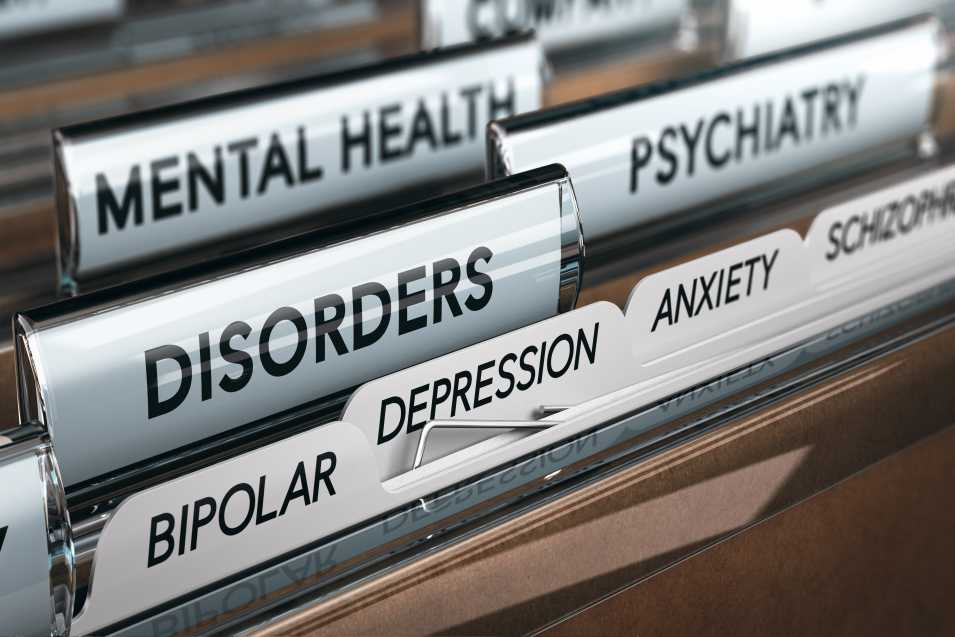Individuals battling both mental health and drug addiction issues can find hope and long-term recovery via dual diagnosis treatment, an integral part of mental health care. Co-occurring disorders are becoming increasingly prevalent, with up to 50% of individuals with a mental health disorder also experiencing a substance abuse disorder. Separately addressing these conditions, though, may not be successful since they typically aggravate one another. Dual diagnosis treatment then becomes really important.
The value of dual diagnosis treatment for co-occurring diseases will be discussed in this paper together with ideas on how it can enable people to attain long-lasting recovery.
What is Co-occurring Disorders?
Complicated and difficult to cure are co-occurring disorders. People sometimes have no idea they have a co-occurring condition at all. Moreover, a mental health illness might complicate drug use treatment and vice versa. Coordinated treatment of both diseases is therefore absolutely necessary.
Dual diagnosis treatment gives people a complete and integrated strategy addressing their mental health and drug use disorders, therefore increasing their chances of long-term recovery. We will go over what dual-diagnosis therapy is, how it might benefit you, and how to select an appropriate program here.

The Benefits of Dual Diagnosis Treatment
Dual diagnosis treatment helps treat mental health and substance use disorders simultaneously. Traditional substance use treatment programs often do not address underlying mental health issues, leaving individuals vulnerable to relapse. Dual diagnosis treatment, however, provides a more comprehensive approach that includes medication management and therapy to help individuals manage both disorders.
Dual-diagnosis treatment is tailored to the individual’s specific needs, which means that treatment plans can vary widely depending on the severity of the disorders and the individual’s unique circumstances. By addressing both disorders, dual diagnosis treatment can help individuals achieve lasting recovery and improve their overall quality of life.
The Process of Dual Diagnosis Treatment
Dual diagnosis treatment simultaneously treats mental health and substance use disorders. Traditional substance use treatment programs often do not address underlying mental health issues, leaving individuals vulnerable to relapse. Dual diagnosis treatment provides a more comprehensive approach, including medication management and therapy to help individuals manage both disorders.
The process of dual diagnosis treatment typically begins with a comprehensive evaluation to determine the presence and severity of both disorders. After the assessment, a treatment plan is created tailored to the individual’s needs. Dual-diagnosis treatment plans may include medication management to help manage symptoms, therapy to address the underlying causes of the disorders, and support groups to help individuals maintain their recovery.
One type of therapy commonly used in dual diagnosis treatment is cognitive-behavioral therapy (CBT). CBT is a therapy that can address your behavioral patterns and negative thought patterns that contribute to addiction and other mental health disorders. CBT can help individuals develop coping strategies to manage their mental health disorder symptoms and substance cravings. Additionally, CBT can help individuals identify and address the underlying causes of their co-occurring disorders, such as past trauma or other life stressors.
Dialectical behavior therapy (DBT) helps borderline personality disorder and other complicated mental health conditions in dual diagnosis treatment. DBT focuses on emotional regulation and interpersonal effectiveness, helping individuals learn to manage their emotions and communicate effectively with others.
In addition to therapy, support groups, such as 12-step programs, can benefit individuals with co-occurring disorders. Support groups allow people to talk and help each other.
Related Article: Cognitive Behaioral Therapy NYC
Finding the Right Dual Diagnosis Treatment Program
When seeking dual diagnosis treatment, it’s essential to find a program that offers a personalized approach tailored to your specific needs. Qualified and experienced treatment providers are also important, as is considering the program’s success rate and aftercare options. Taking the time to find the right dual-diagnosis treatment program can increase your chances of achieving lasting recovery from co-occurring disorders.

Overcoming Barriers to Dual Diagnosis Treatment
Unfortunately, there are often barriers to accessing dual diagnosis treatment for co-occurring disorders. Many people with mental health or addiction disorders avoid obtaining help because they fear judgment or ostracism. Additionally, many individuals may not be aware that they have a co-occurring disorder or may not recognize the severity of their condition. Many people with mental health or addiction problems don’t seek assistance because they’re afraid of being stigmatized or rejected.
However, early intervention is essential for improving treatment outcomes. By addressing co-occurring disorders early on, individuals can avoid the negative consequences of untreated mental health and substance use disorders, such as job loss, homelessness, and criminal activity.
Overcoming these barriers to treatment requires a concerted effort from individuals, their families, and communities. Encouraging open and honest discussions about mental health and addiction can help reduce the stigma surrounding these issues and promote access to treatment.
Additionally, increasing awareness of the signs and symptoms of co-occurring disorders can help individuals recognize when they need help. Early detection and treatment of co-occurring disorders can help people recover and enhance their quality of life. Reaching out for help if you are struggling with co-occurring disorders is essential, as treatment can make a significant difference in your life.
The Bottom Line
Dual diagnosis treatment for co-occurring disorders is essential to mental health care. It provides individuals the tools to recover from mental health and substance use disorders. Co-occurring disorders are complex and challenging to treat, but with the right treatment plan, individuals can improve their overall quality of life. Dual diagnosis treatment provides a comprehensive and integrated approach that addresses both the mental health disorder and the substance use disorder, resulting in a higher likelihood of long-term recovery. Finding the right dual-diagnosis treatment program is crucial, and it’s important to consider the program’s approach, the qualifications of the treatment providers, and the program’s success rate.
At the same time, overcoming barriers to accessing treatment is essential for improving treatment outcomes and promoting recovery from co-occurring disorders. By addressing co-occurring disorders early on and providing access to effective treatment, individuals can achieve lasting recovery and improve their overall well-being. If you or someone you know is struggling with co-occurring disorders, don’t hesitate to seek help. With the right treatment plan, recovery is possible.
Related Article: Therapy for Bipolar Disorder
